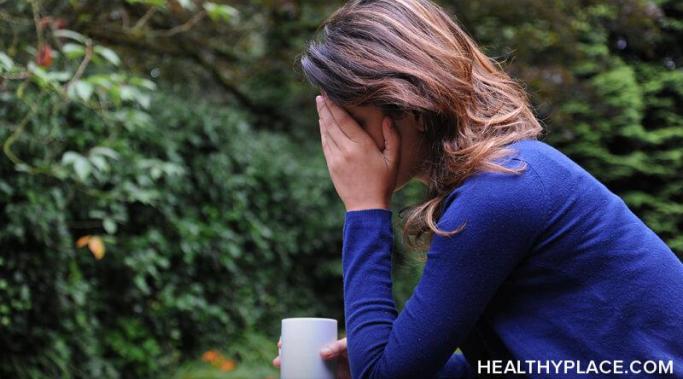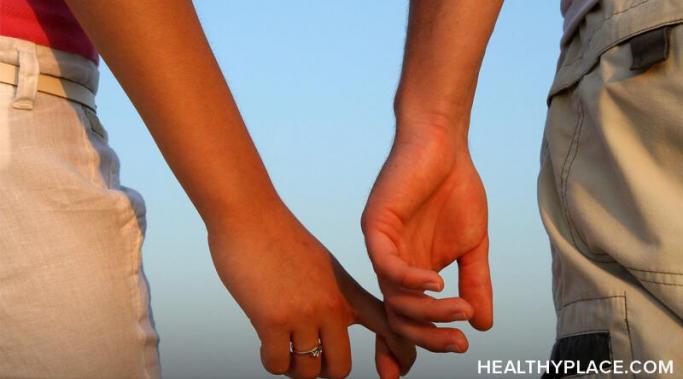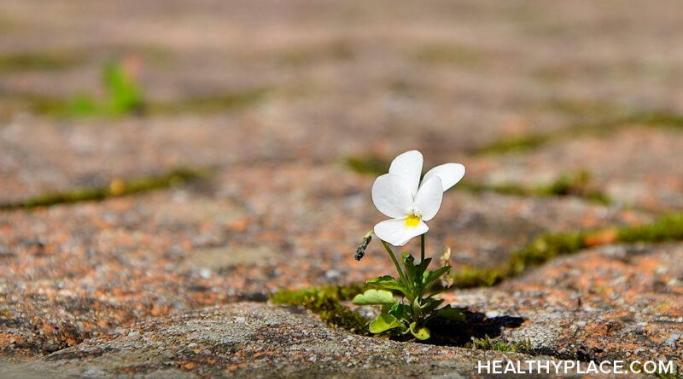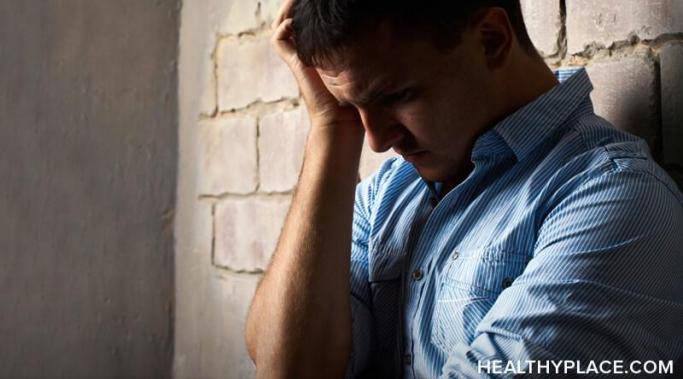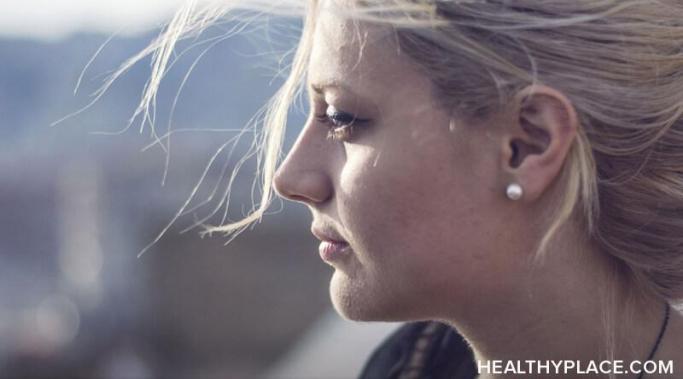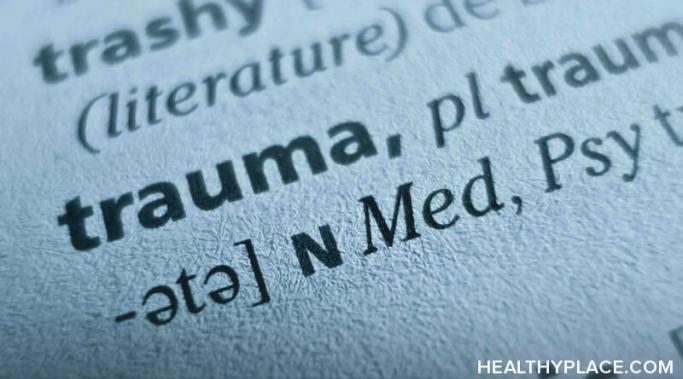Talking about trauma is not an easy feat. But if you're constantly reliving a specific traumatic event or cycling through negative thoughts surrounding the trauma, confiding in a trusted loved one can help you feel less alone. A supportive community is integral to trauma recovery, and you don't have to go through it all alone. You can tell about your trauma.
Trauma! A PTSD Blog
Some who have struggled with childhood trauma might develop maladaptive daydreaming as a coping mechanism. For example, when I was only four, I endured child-on-child sexual assault and emotional abuse that made me feel isolated from the rest of the world. It felt too terrifying and heavy to be in the real, present moment. Any time I was still or not distracted, I felt extreme anxiety, panic, and sadness. This led to my development of maladaptive daydreaming — a habit I am still actively trying to break as an adult today.
I have battled grief in relation to my posttraumatic stress disorder (PTSD). I've spent years mourning the life I had before my trauma, as well as the life I feel I could have had if that traumatic event had never happened in the first place. Posttraumatic stress disorder has amplified my experience of grief.
Posttraumatic stress disorder (PTSD) impacts various areas of life. When it comes to romantic and intimate relationships, PTSD can make it especially difficult to get close to someone.
I’m Sammi Caramela, and I’m excited to join HealthyPlace as the new author of "Trauma! A PTSD Blog." I’ve lived most of my life in survival mode, but it wasn’t until I was in my early 20s that I realized I was suffering from posttraumatic stress disorder (PTSD) from early childhood trauma. Learning why I was suffering was crucial to healing from the extreme anxiety and depression I coped with on a regular basis.
My name is Adam M., and this is my story about using negative coping strategies after experiencing a trauma.
I joined HealthyPlace a year ago as a way to better understand my posttraumatic stress disorder (PTSD) diagnosis. Writing about the impact PTSD has had on my life has been therapeutic, and I've learned a lot about myself in the process. I've also found great comfort in the online mental health community HealthyPlace has provided. However, it is time for me to move onto new adventures and say goodbye to HealthyPlace.
Dealing with posttraumatic stress disorder (PTSD) at work can be stressful. Navigating flashbacks, panic attacks, and hypervigilance is difficult in any setting, but managing these symptoms in a workplace can feel impossible. When you're constantly worrying about judgment from your coworkers and peers, it can be hard to focus on the job at hand.
Self-forgiveness in posttraumatic stress disorder (PTSD) recovery is a valuable, yet often ignored, aspect of trauma healing. While we hear a lot about the importance of forgiving people that have hurt us, learning how to forgive ourselves is something that is not regularly discussed. However, self-forgiveness is crucial to our wellbeing, especially for people with PTSD.
Learning that I had posttraumatic stress disorder (PTSD) was the first important step in my trauma recovery. Symptoms of the disorder typically start within three months of a traumatic event but in some cases, there can be a delay. Because of PTSD stigma, people often dismiss symptoms of the disorder until it is no longer possible to ignore them.


